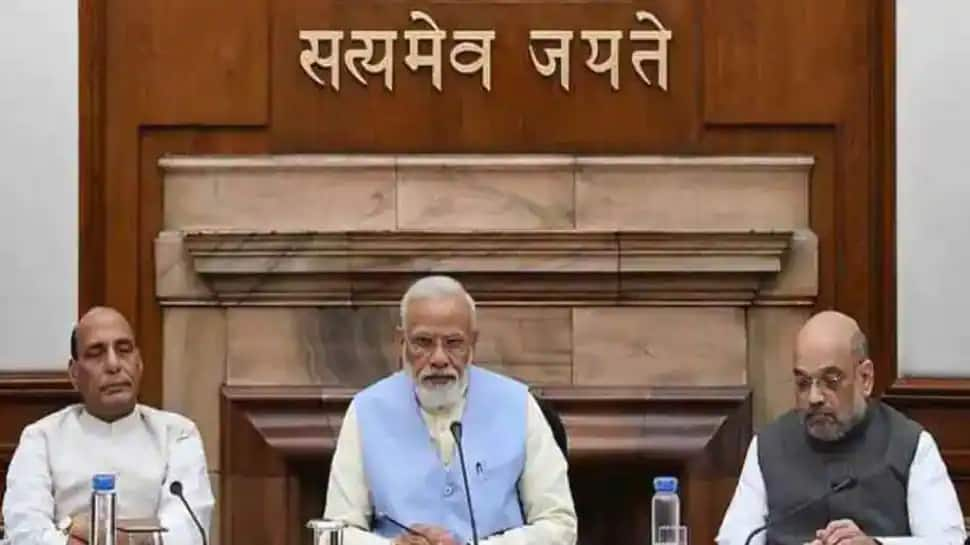Modi government creates Ministry of Co-operation: Top 5 things to know
New Delhi: The Indian government created a separate ‘Ministry of Co-operation’ on Tuesday (July 6), in a historic move ahead of the Union Cabinet reshuffling. The new ministry has been created with a vision of ‘Sahkar se Samriddhi’.
Here are the 5 key things to know about:
)
Ministry of Co-operation has been established by the Union government to provide a separate administrative, legal and policy framework for strengthening the cooperative movement in the country, according to a press release by the Press Information Bureau (PIB).
Moreover, the ministry is expected to deepen the relationships between co-operatives as a true people-based movement reaching up to grassroots levels.

The newly established ministry is expected to streamline the existing process to make doing business in India easier than ever for co-operatives. Meanwhile, the ministry is expected to promote the development of Multi-State Co-operatives (MSCS) across the country.

With a diverse country, India can benefit from co-operative based economic development, in which ‘each member works with a spirit of responsibility.’ The ministry is likely to promote community-based development across the country.

The Central Government has signalled its deep commitment to community-based developmental partnership with the creation of the Ministry of Co-operation.

The newly created ministry is formed on the lines of an announcement made by Finance Minister Nirmala Sitharaman while presenting the fiscal budget. "In our country, a Co-operative based economic development model is very relevant where each member works with a spirit of responsibility," a PIB statement said.

